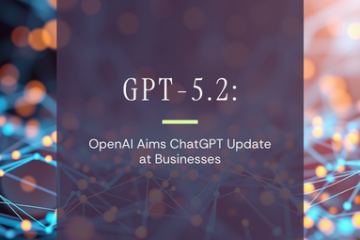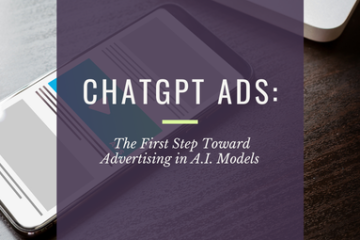
A.I. depends on data, but the data-management industry is becoming increasingly dependent on A.I. By automating a lot of the data-management process, the industry is able to upscale its operations in an increasingly data-productive world.
The Five Most-Key Takeaways from This Blog Post
- Data “cleaning” is one of the chief applications for A.I. in the database-management industry. This involves detecting errors like spelling or grammatical flubs and potentially even automating the fixing of the errors.
- Classification is another important application of artificial intelligence in database management. A.I. can take a massive amount of data and effectively assign the data into groups. (Sometimes, this involves “clustering” algorithms that cluster large swaths of data into broad categories.)
- I.T. security is another significant application, as cybercriminals are increasingly turning to data breaches as a means of earning illegal paydays. (“Ransomware”, in particular, is a popular method.) A.I. can help keep companies’ sensitive data under wraps with applications like threat detection.
- For business owners, A.I. in data management could end up making even disorganized and unlabeled data sets potentially integrable with A.I. systems.
- Overall, A.I. in database management allows for the faster organization of larger and larger data sets.
The A.I. Motive for Database-Management Companies
Perusing the Key Takeaways section above, one must come to the conclusion that there is an obvious cost-saving convenience of automating the many data-management processes.
But why else does the database-management industry have such a vested interest in A.I.? Good question, and the answer is that as the clients of these companies become increasingly reliant on A.I. for processes, those clients will become increasingly reliant on good data.
Good Data in, Good Data Out
Let’s define “good data” as being clean in the sense of error-free and properly organized.
“Garbage in, garbage out” is the lodestar pith for A.I.’s relationship to data. In nicer terms, it’s good data in, good data out.
For instance, consider the case of a digital spreadsheet of customer information that a business keeps on file.
If there are errors in the data, something like an automated message sent out to all customers via email will not reach those whose email addresses are misspelled. That can be crucial during a product recall.
So, the business enlists a database-management company to ensure that the data is “good”. That for-hire company, in turn, relies on A.I. that can clean and organize the data.
After A.I. gets through the company’s data, that digital spreadsheet has no misspelled names of customers in the “Customer Names” column. And now, there are no phone numbers in that spreadsheet’s “Customer Dates of Birth” column.
The Security Angle
Sticking with the above section’s example, consider that the database-management company also must protect the data to retain the client.
That client sells an embarrassing product that the customers would rather people not know that they (i.e., the customers) own and use for or on themselves.
So given the potentially embarrassing nature of the product’s use and ownership, the data about who buys such a product is officially considered sensitive within the company.
If a black-hat hacker were to get access to this data, the publishing of the list of customers could be a major hit to the company’s reputation.
For this reason, A.I. that can perform threat detection will be of major use for such companies.
The Final Key Takeaway for Business Owners
Proper categorization of data, cleaning of data, and protection of data will be the key to successful A.I. implementations, and continual use of A.I. by businesses of all sizes.
As business goes increasingly online, the amount of digital data each company produces will only increase.
A lot of this data will be useful, but manually making use of it would be pretty much impossible. That is where automated processes of
Other Great GO AI Blog Posts
GO AI the blog offers a combination of information about, analysis of, and editorializing on A.I. technologies of interest to business owners, with especial focus on the impact this tech will have on commerce as a whole.
On a usual week, there are multiple GO AI blog posts going out. Here are some notable recent articles:
In addition to our GO AI blog, we also have a blog that offers important updates in the world of search engine optimization (SEO), with blog posts like “Google Ends Its Plan to End Third-Party Cookies”.





